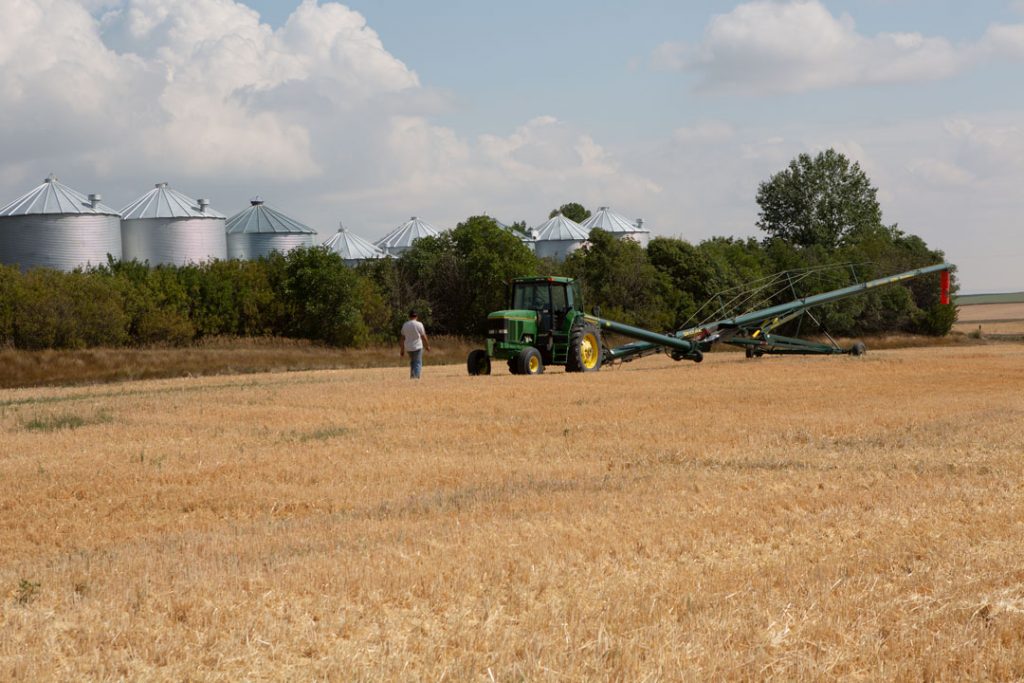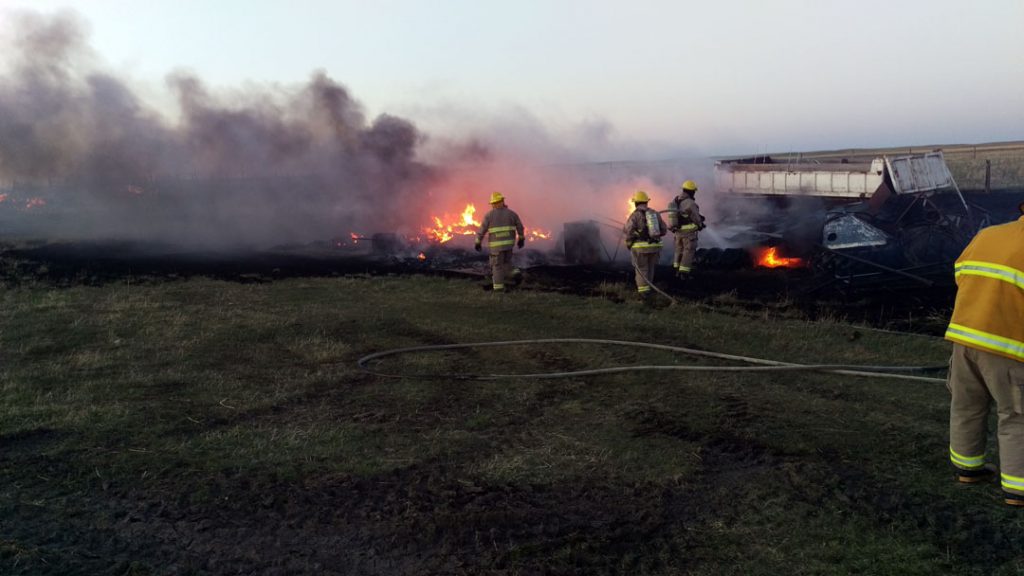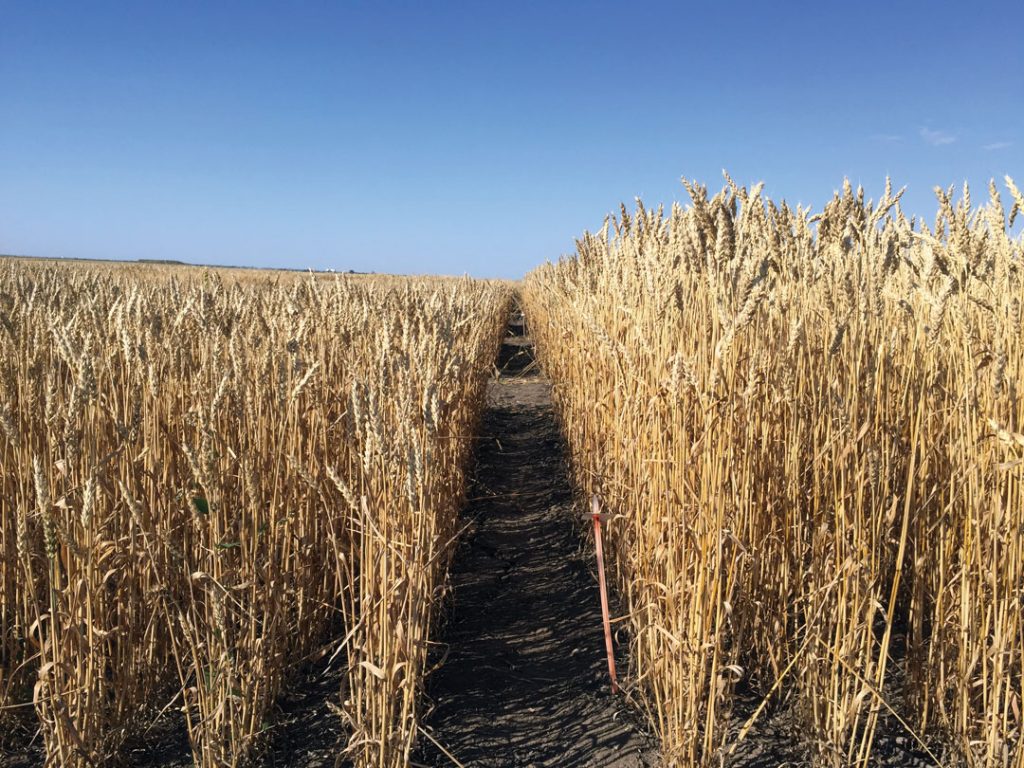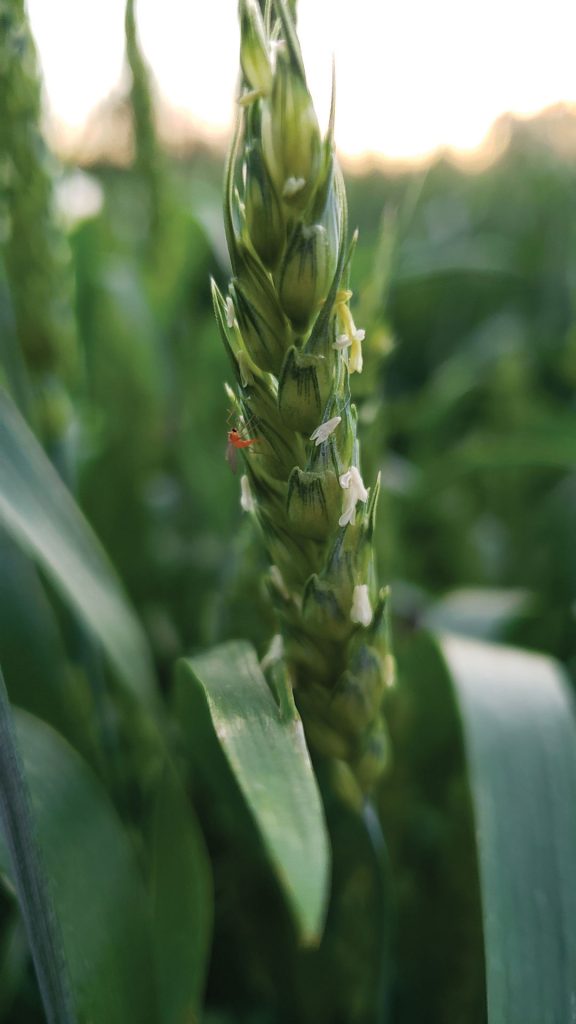FARMERS TAKE PART IN RESPONSIBLE GRAIN CONSULTATION
The Canadian Roundtable for Sustainable Crops (CRSC) released the results of its consultation on the Responsible Grain voluntary code of practice this month. The majority of participants do not support the draft as it is currently written. However, most provided constructive feedback the code development committee will use to improve and simplify the document.














